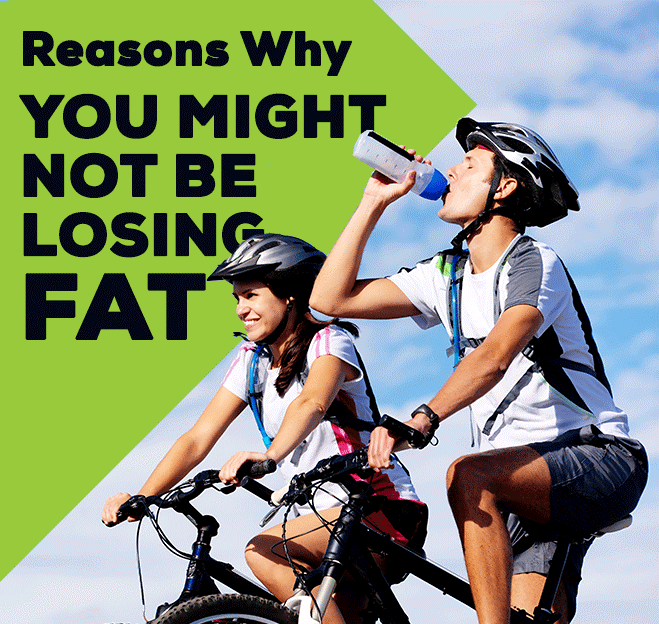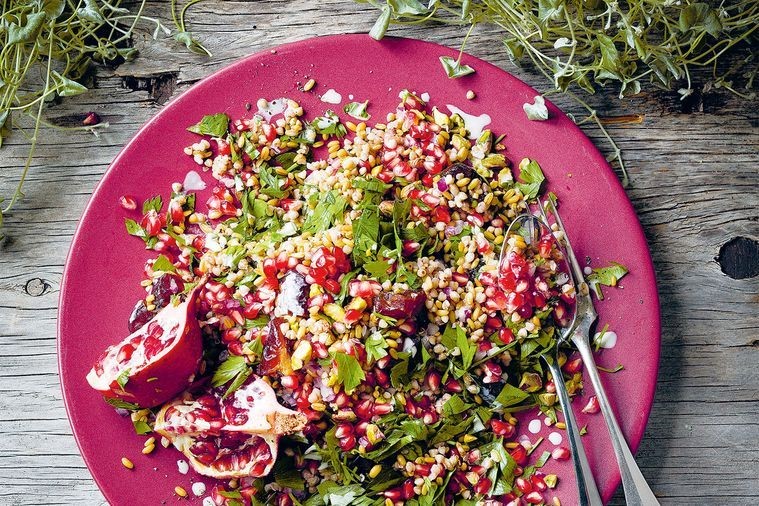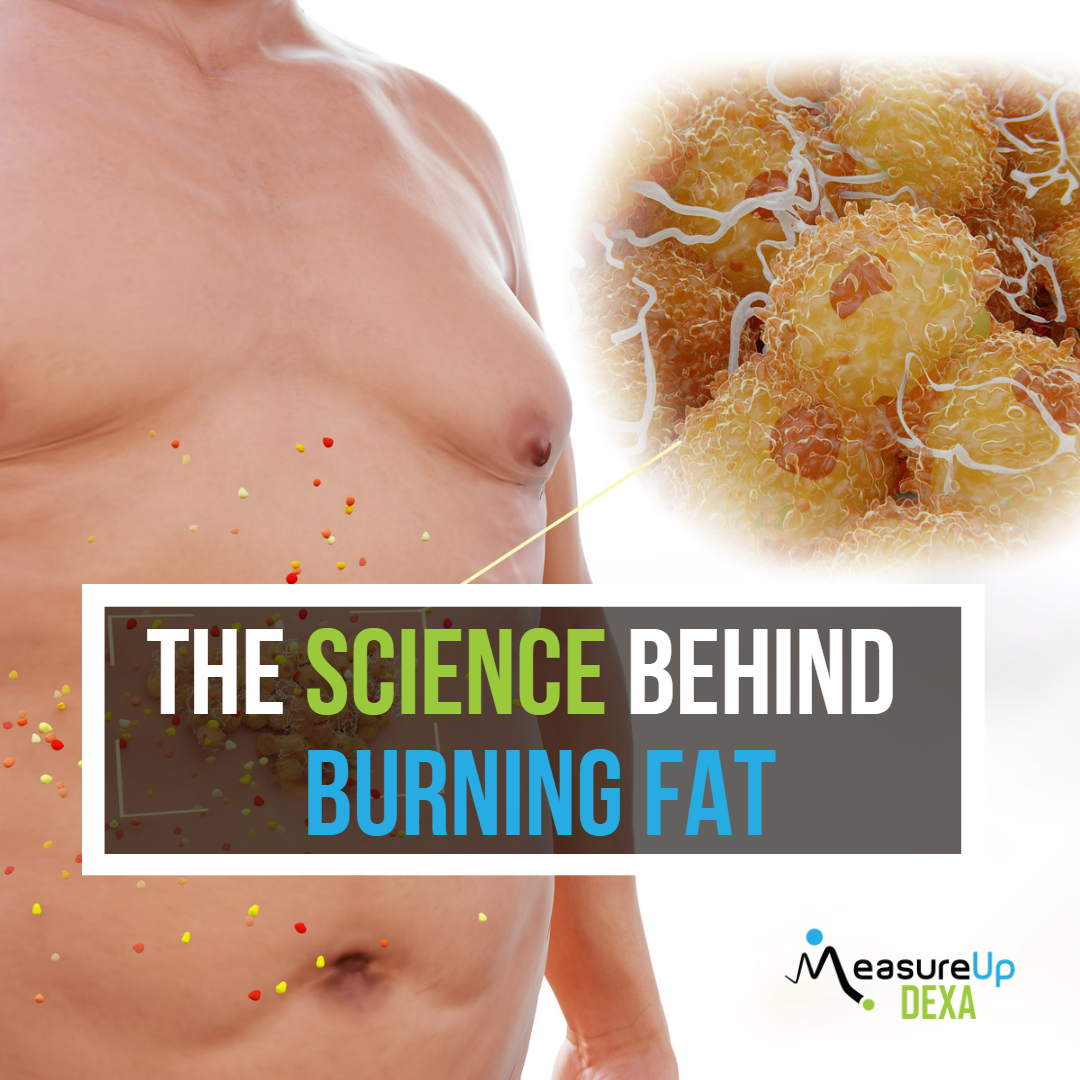 You think you’re doing all the right things when it comes to fat loss, but feeling like you have hit a plateau… We are going to explore a few reasons that might make you rethink your behaviours and help you realign your goals.
You think you’re doing all the right things when it comes to fat loss, but feeling like you have hit a plateau… We are going to explore a few reasons that might make you rethink your behaviours and help you realign your goals.
- Sleep
We need sleep to recover and recharge your internal batteries. Not enough sleep can impair brain function and impact behaviour; leaving us feeling lethargic and foggy or even grumpy. It is easy to sacrifice sleep for more work, for family demands or even a good book or TV show. But sleep has now been shown to be linked to body composition (to be discussed in an upcoming newsletter *hint*). Lack of sleep is associated with more energy consumed throughout the day and often increases the desire for higher energy foods (typically those high in fat, sugar, carbohydrate dense).
Ideally, adults should be getting between 7-9 hours sleep every night, and additionally this should be quality sleep.
How much, and how well, do you sleep?
- Water
As discussed in our Water, Wonderful Water article, hydration is key for an array of amazing things, such as improving cognition and improving digestion.
My tips –
- Have a glass of water with each meal.
- If you find that you are a mindless muncher – when you feel the urge to snack coming on, have a glass of water first before reaching for the pantry or fridge handle.
- If you find yourself having larger portion sizes, drink a glass of water before your meal.
- Before going back for seconds, have a glass of water.
This allows yourself to really think whether you are indeed physically hungry for more, or whether you are eating more out of habit and head hunger. You may find yourself feeling quite satisfied after all.
- “Drinking Your Calories”
Following on from the above, you may find yourself accidentally consuming excess calories in your daily fluids. It’s easy to forget the things we consume as things that can contribute toward our overall intake – with the following being what I find as key culprits:
- Juice
- Coffee (with sugar)/hot chocolate etc
- Tea with sugar/milk
- Alcohol
- Sugar sweetened beverages (such as soft drink, mineral water), and
- Sports drinks (such as Gatorade, Powerade etc)
If we are sipping away throughout the day, it is easy to forget that these can very easily add up and may be a reason you’re not losing fat, no matter how amazing your meals are.
The most common trend I find is intake of alcohol: the week day vs. the weekend. Many people will find losing fat hard after organising their meals throughout the week and splurging in excessive alcohol consumption when the weekend comes. It’s not something people usually enjoy hearing, but decreasing alcohol consumption might just be the last key to the puzzle E.G. eliminating that glass of wine with dinner of a night time.
- Protein
Protein is a satisfying macronutrient that when consumed in meals, helps to enhance feelings of satiety, meaning you will more likely feel fuller after consuming it. Increased feelings of satiety will decrease the need to eat more to become full, which can potentially lead to weight loss as you are naturally consuming less calories.
It seems logical to ensure you are having a source of protein at each meal opportunity to enhance this (as well as increase your chances of reaching your daily protein goal). Sub-optimal daily protein means that more muscle is likely to be lost while in an energy deficit. Consistent and sufficient protein servings consumed spread across the day is important to maintain muscle mass, especially if you are wanting to lose weight.
Additionally, protein has a higher thermic effect on food compared to other macronutrients. Our bodies use energy to break down the food we eat (digestion) and then extract energy from those foods (this is called the thermic effect of food). Our bodies need more energy to break down and then use protein, compared to carbohydrates and fats; thereby increasing total energy expenditure.
- Sneaky Extras
Feeling like you’re doing everything right but something doesn’t seem to be adding up? You’re probably right. You may be underestimating how much you are actually eating.
Many individuals are unaware of additional and sneaky calories consumed throughout the day; especially from cooking oils, spreads and dressings. These extras are small in volume, however most of the time quite energy dense. Meaning if you don’t think too much about their size (and because they are so small we often overlook them), they could easily be that thing that ticks you over your energy deficit! Let’s have a look at an example:
3 tablespoons of olive oil could be used throughout the day, for cooking or in dressings. This equates to 360 calories, which almost makes up a whole meal in itself energy wise!
Additionally, underreporting tends to be a very common thing when using calorie tracking apps – estimations of portion sizes, particularly when it comes to takeaway or meals not made a home, tend to be incredibly incorrect. Leading you to believe that you’re in line with your goals rather, when in actual fact – you are blowing out.
Be mindful of your extras, and consider this next time when cooking, dressing or spreading.
- Not Eating Enough
Not eating enough at meals throughout the day can potentially lead to feeling unsatisfied, and the tendency to over-eat at a later point in the day. Often I find that those who consume a smaller amount of energy intake throughout the day overindulge of a night time.
To combat this, focus on getting enough satisfaction out of your meals throughout the day and ensuring a good balance of protein, complex carbohydrates, healthy fats and plenty of colour (fibre) – to help keep you full, satisfied and curb your cravings.
Eating too low calories for your body and your exercise levels can affect your metabolism and is also not sustainable long term. A healthy metabolism cannot function properly on restricted energy, this may also be a reason your fat may not be shifting.
- Patience
The journey of fat loss is not linear. There is no quick-fix for fat loss, in fact it is better to lose fat slowly; ensuring you keep it off long term and decrease the risk of muscle loss as well. Daily fluctuations in body weight are perfectly normal and expected, so get away from those daily weights, they’re useless! (Unless advised by your GP or health professional).
It is important to be realistic about your goals. It’s true what they say – great things take time! And for fat loss, consistency and hard work are key. A balanced approach to eating is the best way to go – eating more and not less, of the right foods; focusing on unprocessed foods and; including plenty of colour from fibrous fruits and vegetables. All food can be incorporated daily, even in an energy deficit but moderation would be the key word underpinning it all.
General health is a goal worth working towards, so focusing on behavioural based goals rather than physical goals is worth noting. Even more importantly, remembering that weight does not determine your worth.
In summary, my optimal fat loss tips:
- Be patient with the process.
- Aim for 2 (fruit serves) and 5 (vegetable serves) each day!
- Include quality protein sources throughout the day and don’t fear carbohydrates.
- Eat mindfully and in moderation.
- Hydrate and rest.
ISABELLE JARDINE APD, BNutrDiet (HONS) Accredited Practising Dietitian

